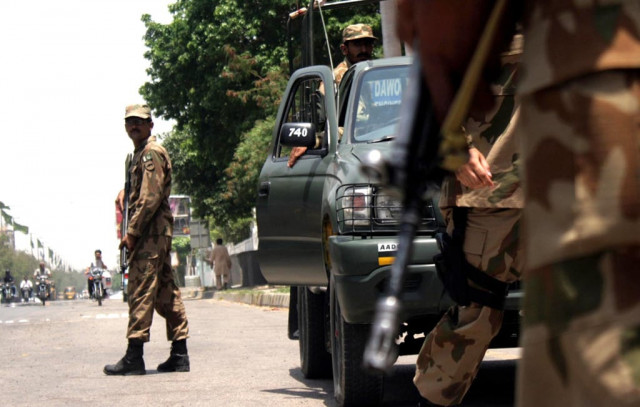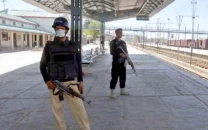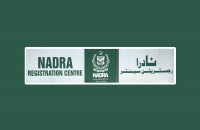Garrison state: Academic urges government to cut back on military spending
Says overspending on defence facilitated ascent of military in the country’s politics.

The Pakistani
military has since
2008 exercised
tremendous
restraint over the
temptation to take
over the govt, says Dr Ishtiaq Ahmed. PHOTO: INP/FILE
“Our government has been overspending on military and defence at the cost of other sectors in the country,” political scientist Dr Ishtiaq Ahmed said on Thursday.
He was speaking at a seminar titled Pakistan: Signposts of a Garrison State hosted by the Centre for Public Policy and Governance at the Forman Christian College (FCC).
Ahmed is a visiting professor at the Lahore University of Management Sciences. Ahmed said overspending on defence had facilitated ascent of military in national politics.
He said Pakistan had become a garrison state and the military dominated all state institutions.
He said while civilian rule was not terminated in such a state, it was subordinate to the military.
He said this was achieved through the military emphasising the fear of foreign aggression.

“Assuming that India is a real threat, a strong military is important for Pakistan,” he said.
He said the state could do better by cutting down on conventional warfare.
Discussing the behavior of the Pakistani military, he said it was not directly involved in politics in 1947.
He said the institution enjoyed a de facto veto over Pakistan’s internal and external affairs. He said the military had played a responsible role since 2008.
“It [Pakistani military] has since 2008 exercised tremendous restraint over the temptation to take over the government,” he said.
Ahmed said the concept of Pakistan being a fortress of Islam was promoted by the political leadership over decades. He said that narrative had created hurdles in understanding the link between the country’s historic, cultural and social values.
He said in supporting the Taliban, the Pakistani state had a rift within the society which in turn had created challenges for the state itself.
“Patronage of the Taliban has been our biggest strategic liability,” he said. “It is yet to be given up.”
He stressed the need to discuss the partition with India without which, he said, an understanding of the country’s ideology was not possible.
He said the country also faced an ideological problem to determine the basis of the country’s existence, whether secular or Islamic.
“This further increased the sense of vulnerability,” he added.
He said any suggestion that Islam was in any danger in united India was a “gross exaggeration.”
He urged the government to avoid any confrontation with the United States. He said alliance with the US had opened doors for cooperation in education and development.
He said Pakistan needed to “radically” revise its priorities.
“There is something very wrong in how we visualise Pakistan,” he said.
Published in The Express Tribune, November 22nd, 2013.



















COMMENTS
Comments are moderated and generally will be posted if they are on-topic and not abusive.
For more information, please see our Comments FAQ